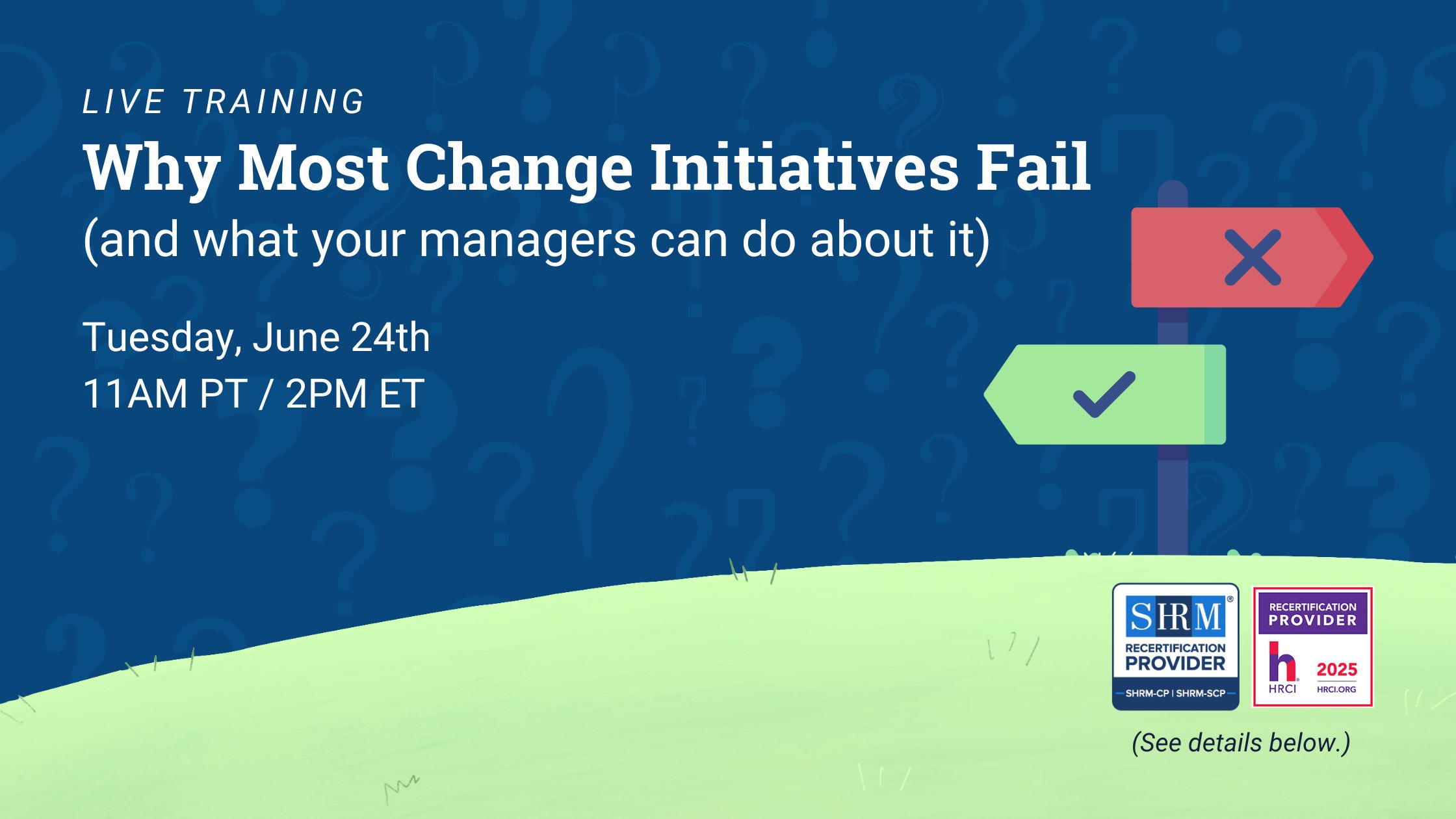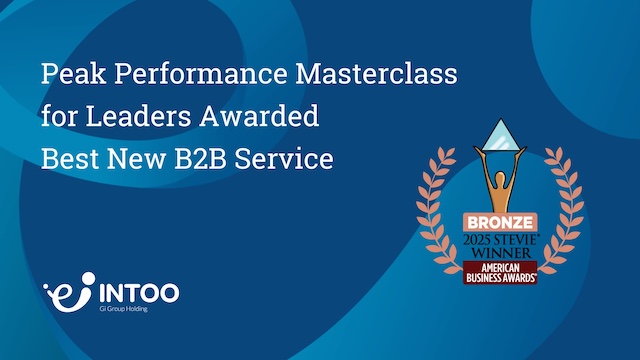In the last few years, gig or project-based jobs, contract work, and other freelance opportunities have gained popularity due to the flexibility they offer and/or the potential to supplement their income with temporary work. Many companies, such as those in the tech sector, often hire on a project basis as the need for additional employees can be temporary or project-based. We spoke with career coach Jyl McLaughlin to learn what someone seeking a freelance opportunity should consider.
What are the benefits of pursuing gig, project-based, contract, freelance or bridge work?
If you’ve always wanted to work for yourself, have an entrepreneurial personality, and have accumulated at least five years of experience in one knowledge area, freelance work could be a good opportunity for you. It can allow for flexibility, and if you have recently gained a new skill set or certification that you’d like to leverage as a stepping stone to a career change or pivot, providing freelance services—even in a pro bono way—can help.
What are some challenges or considerations to be aware of when exploring gig work?
I advise a lot of candidates who prefer project work, especially senior-level/executive-level candidates who want to have the opportunity in their transition to consult. Sometimes these executives are limited to consulting work in the short term if they have a non-compete. There are also people who want to prepare themselves for a second stage career as they head into retirement.
But in recent years, the “gig economy” has become very popular. Depending on industry and expertise, the market can be flooded with freelancers. To prepare for that competition, you’ll want to present yourself as a legitimate business.
When a candidate is setting up a business, I always advise them to come up with a creative name, and not use their own, as well as to set up an LLC or sole proprietorship. It’s also a good idea to create a logo so that you can start branding your marketing pieces, whether a business card, email signature, or a website.
It’s important to acknowledge that if you’ve freelanced for an extended period of time, and later want to jump back into full-time work, it can be challenging, because employers may think you’re not committed to long-term employment. That said, in some cases, if you’ve been contracting with a client for a long time, they may eventually want to hire you full-time.
How does the job search for gig work differ from one for permanent work?
In some ways they are the same and in others they’re different. A lot of the sameness is around the need to do your initial research of target organizations and companies and build a networking campaign for yourself. You’re going to have a target list of companies, identify contacts and reach out to them and promote yourself. When pursuing a gig or freelance work, you’d also be promoting and presenting materials about your work, which may include a portfolio.
With a search for permanent work, you’d want to reach out to contacts at your desired company to learn about their experiences there. For gig work, you’d reach out to people at target companies where your services could benefit them, and ask for a meeting where you’d share a proposal of services. A job search for permanent work is going to be about you because they need to know you’ll fit in with their team, whereas your search for gig work is going to be about your business and portfolio and how the company can benefit from your services.
How can candidates tailor their job searches for gig work?
Use the keywords “freelance” and “contract” when searching job boards. There are also some good resources out there which often list contract work: flexjobs.com, remote.co, and weworkremotely.com. You can also promote your services to small businesses and nonprofits in your area. They may not have the budget for full-time hires but could need temporary support for large projects. You may even consider doing a couple of pro bono projects to build your portfolio and clientele. Lastly, joining professional associations and participating in events—whether networking events, webinars or training—can also help you identify new opportunities.
What materials should gig seekers use to attract employers?
If you’re looking for contract work, your resume would essentially be the same as if you’re looking for full-time work. But if you are setting up your own business, then you’re likely not going to be using your resume as much as your portfolio of work and services. For the most part, you still want to present your most relevant and recent skills and knowledge to the employer. You may also want to consider creating a one-page bio instead of a resume, which serves to showcase the highlights of your past work. It can also be good to incorporate quotes from past clients that indicate that you’ve done similar work elsewhere.
What else is important for a gig worker to know?
If you’re really interested in starting your own business or doing gig or freelance work long-term, have an attorney and accountant help you review the implications. You’ll want to understand the tax differences, and I’d recommend speaking to professionals on both of those subjects.
In summary
Gig, contract, and other freelance work can provide opportunities to explore new careers, gain additional income, and set flexible hours. Pursuing this type of work in the right way can help you to grow your network, gain clients and experience, and grow your business. Being aware of the financial and legal implications of this type of temporary work will ensure that you have no surprises along the way and will help you to manage your time and income to meet your needs.
About Coach Jyl
 Jyl offers over 15 years of experience as a career consultant having worked with a variety of clientele at all levels. Her ability to guide the career decision-making process is detailed and effective. With an M.Ed in counseling, she is a Master Career Development Professional and a Certified Professional Resume Writer and has a qualification in Myers-Briggs. Jyl focuses on detailed and customized plans for the job search strategy. Because she also has a recruiter certification, she integrates this knowledge to optimize candidates’ searches and help them “be their own recruiters.” Jyl is a passionate career professional focused on being an equal partner to candidates as they progress in their searches. INTOO’s outplacement solution provides award-winning unlimited, on-demand and one-on-one coaching through video, audio, and text seven days a week, so people can get career advice when and where they need it. Learn more about how INTOO can help you support your departing employees in their job search.
Jyl offers over 15 years of experience as a career consultant having worked with a variety of clientele at all levels. Her ability to guide the career decision-making process is detailed and effective. With an M.Ed in counseling, she is a Master Career Development Professional and a Certified Professional Resume Writer and has a qualification in Myers-Briggs. Jyl focuses on detailed and customized plans for the job search strategy. Because she also has a recruiter certification, she integrates this knowledge to optimize candidates’ searches and help them “be their own recruiters.” Jyl is a passionate career professional focused on being an equal partner to candidates as they progress in their searches. INTOO’s outplacement solution provides award-winning unlimited, on-demand and one-on-one coaching through video, audio, and text seven days a week, so people can get career advice when and where they need it. Learn more about how INTOO can help you support your departing employees in their job search.
Robyn Kern is a seasoned business writer who has written in the HR, education, technology, and nonprofit spaces. She writes about topics including outplacement, layoffs, career development, internal mobility, candidate experience, succession planning, talent acquisition, and more, with the goal of surfacing workforce trends and educating the HR community on these key topics. Her work has been featured on hrforhr.org and trainingindustry.com.











